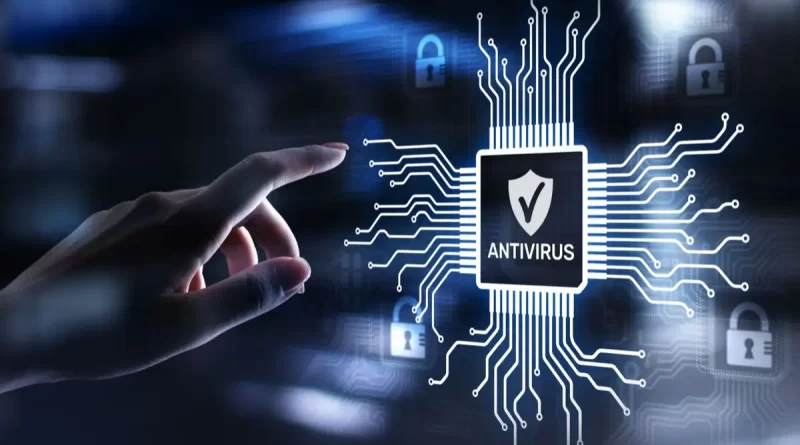Antivirus Software – How Does It Work?
Antivirus software does more than run virus scans; it also offers protection from ransomware and suspicious links. The best programs monitor behavior and use heuristic detection to spot unknown threats; additionally they provide additional safety features like password manager or VPN protection.
Some programs also regularly update their databases of known viruses to reduce false positives and decrease false alarms. Other factors to take into account include cost, reliability and customer support.
Features
Antivirus software is designed to identify and delete files, programs, and data that could cause harm or steal sensitive information from your computer. Furthermore, antivirus protects you against phishing attacks, ransomware infections, Trojans, keyloggers, spyware or any other forms of malicious activity that could corrupt or destroy files on your system.
Antivirus software must effectively identify new types of viruses as soon as they emerge and update regularly to combat evolving threats and avoid false positives, where harmless files are mistaken for malware. Furthermore, its configuration and use should be simple so as not to interfere with daily life activities.
Antivirus software utilizes various detection devices, including specific detection, which compares computer programs and files against a database of known malware, generic detection which searches for similar patterns or parts, and heuristic analysis which examines program behavior to detect suspicious characteristics. Some antivirus programs also use sandboxing technology which runs suspicious files in virtual environments before permitting them to enter real systems once proven safe.
Cost
Cost of antivirus software varies based on how many devices it protects, the features included and frequency of updates. Finding an antivirus program with maximum protection at an economical price should be your goal.
Antivirus software works by checking computer programs and files against a database of known malware threats, and also employs heuristic detection, which looks for patterns indicative of viruses to identify any new threats as they emerge. This enables it to quickly spot new dangers.
As well as scanning removable drives such as USB drives for potential infections and stopping their spread across networks, this software also protects against hackers who can gain entry through infected systems to steal sensitive information like passwords and credit card numbers from compromised machines.
Think about all of the information stored on your devices – personal photos, work documents, messages and passwords are just some of the items at stake when an attack hits. Antivirus software is an investment in our rapidly developing cyberworld that must be protected against.
Reliability
Antivirus software works by scanning your programs and files for known forms of malware, using both signature-matching as well as heuristic detection to search for suspicious patterns or file structures that it then quarantines or eliminates, thus preventing it from spreading further.
Antivirus programs must adapt quickly as viruses mutate. That’s why the best antivirus programs provide regular updates and money-back guarantees should you be unsatisfied.
Another key factor when choosing an antivirus program is how light its impact is on system resources. You want your anti-virus solution to run quickly without slowing down your PC or making websites and apps load slowly; some antivirus programs even monitor external devices like printers and USBs in order to thwart potential hacker threats; additionally, some offer scheduling scans at specific times each day or week which is great for busy users who forget to run full scans themselves on a regular basis.
Customer support
Antivirus software protects devices against threats like viruses, worms, Trojan horses, spyware and ransomware by scanning files and directories for potential malware threats, identifying them based on a database of detection patterns and quarantining or deleting them from quarantine or deletion. Some antivirus programs offer real-time threat protection while others monitor system files for vulnerabilities or run in the background as background processes to monitor device or system files for potential vulnerabilities; antivirus programs also regularly update their databases of known viruses.
Modern antivirus programs are generally effective, but sometimes misidentify a harmless file or program as malware and quarantine or delete it without prior approval from users. To minimize such false positives, users should avoid downloading or installing suspicious software.
Some companies provide customer support via phone while others hide their contact info behind pages of FAQs and general advice. TotalAV does not do this and has made sure its phone number for customer service can be easily found on its website as well as providing live chat feature for added support.

